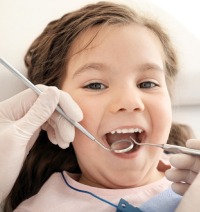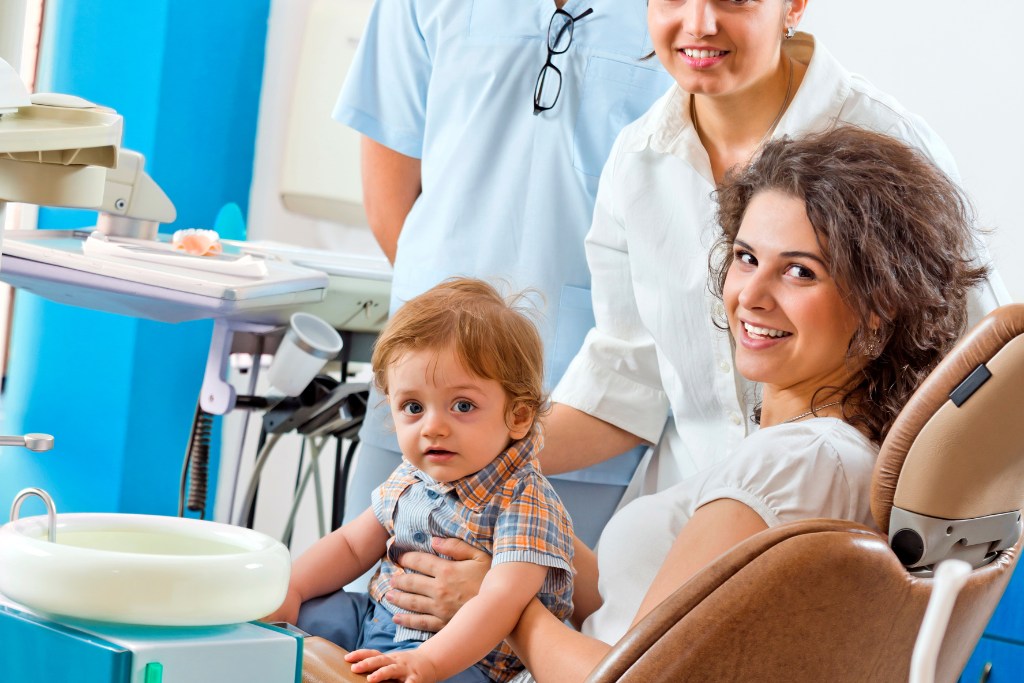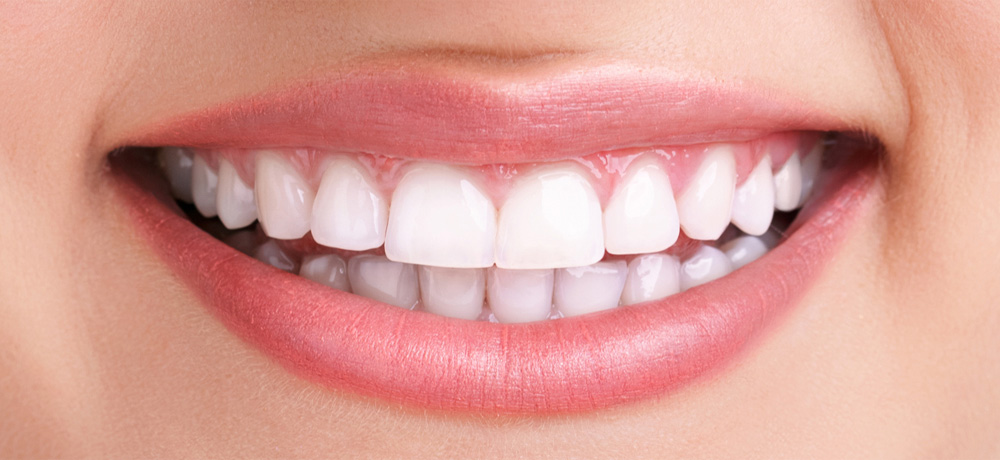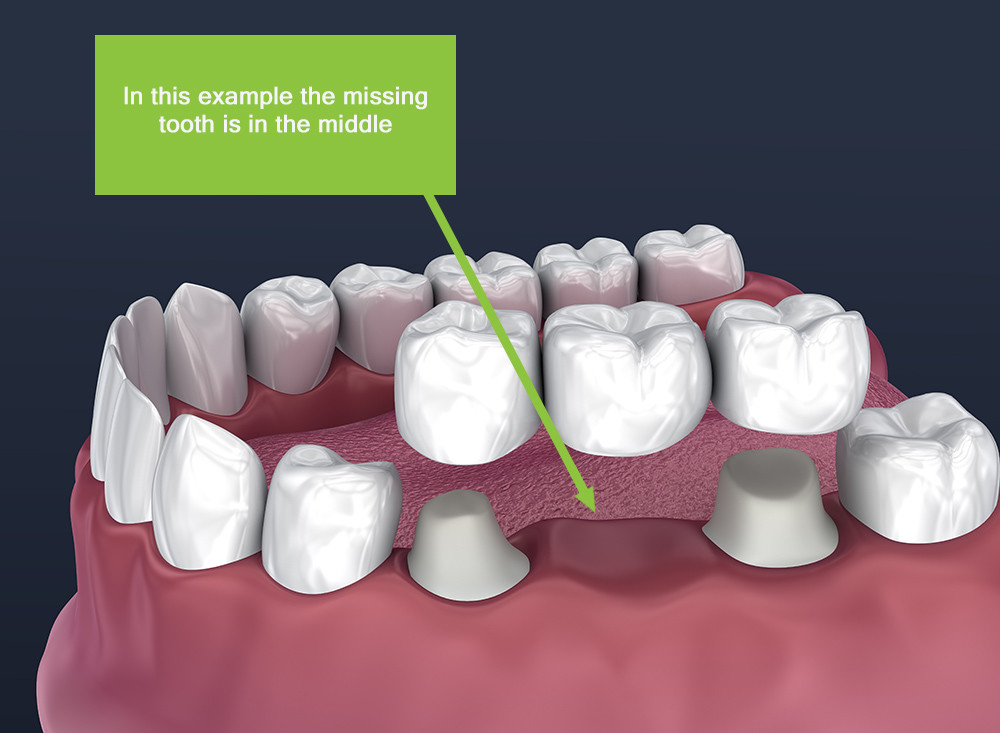Table of Contents
ToggleYou should take your baby to the dentist by their first birthday or within six months after their first tooth appears. As a new parent, you have a long list of firsts. First smiles, first steps, and, yes, your baby’s first trip to the dentist. Baby teeth may seem small, but they play a big part in your child’s health. Taking care of those tiny teeth is part of giving your child a good start in life.
Many parents feel unsure about when to begin with dental visits, or may worry about their child getting scared at the dentist. You want to avoid tooth pain and cavities, but you may not know when to act. Picking the right first dental visit age is a step toward healthy teeth that can last a lifetime.
Optimal Age for Baby's First Dental Visit
Experts, such as the Canadian Dental Association and the American Academy of Pediatric Dentistry, agree on the recommended age for the first dental visit. They say a baby should see a dentist by age one or within six months after the first tooth comes in. For some, this will be earlier, for others, a bit later. This visit matters because the dentist checks how teeth grow and teaches parents how to look after baby teeth.
Starting visits early helps spot problems before they get big. It also builds trust between your child and the pediatric dentist in Brampton, making future check-ups much easier. Choosing the right time for your baby’s first dental visit sets up a habit of good care right from the start.
Recognizing the Signs: When Sooner is Better
- Bad teething pain (crying, swollen gums)
- Sores or swelling on gums or tongue
- A tooth that came in crooked
- White, brown, or black spots on teeth
- Bleeding when teeth are brushed
- A bump from a fall or head knock
If you see any of these, call a dentist for advice. Pain or colour changes can mean a problem. You know your child best, so trust your feelings when something looks off.
Also Read: A Parent’s Guide to Children’s Oral Health
What Happens During Your Baby's First Dental Visit?
Your baby’s first dental visit is simple and gentle. The dentist looks inside your child’s mouth, counts teeth, and checks gums and jaw. If your baby only has a few teeth, that is fine. The dentist wants to see them, no matter how many.
The steps usually look like this-
- Talk with the dentist about your family's dental history and your baby's eating and brushing habits.
- A gentle check-up of baby's mouth (teeth, gums, and tongue).
- Advice on cleaning baby teeth, using soft cloths or toothbrushes.
- Tips about food and drinks that help or harm teeth.
- Guidance about teething and what is normal.
- Next steps for follow-ups or if treatment is needed.
Benefits of Early Dental Visits and How to Prepare
The big gain from early dental visits is prevention. Small problems get seen fast, before they turn into big ones. You learn proper cleaning steps and healthy snack ideas. Dentists teach about thumb sucking, pacifier use, and what to avoid.
For your first dentist visit, you can prepare by-
- Making a list of your questions.
- Packing your child's health card and a comfort item.
- Choosing a visit time when your baby is well-rested and fed.
- Practising mouth checks at home, so your baby gets used to someone looking inside.

Promoting Lifelong Oral Health Habits
Early trips to the dentist teach kids that dental care is normal. Like bedtime or washing hands, seeing the dentist shapes a positive routine. Pediatric dentists say that children who visit early get used to the sights, sounds, and friendly faces in a clinic. They learn not to fear dental chairs or checks.
Simple tips from the start-
- Brush baby teeth twice a day, even before all teeth arrive.
- Use a soft brush and a tiny bit of toothpaste (as advised).
- Publicly praise your child for opening wide or staying calm.
- Make the visit an adventure, not a punishment.

Finding the Right Child Dental Specialist in Brampton
- A dentist trained for young patients (ask if they are a certified pediatric dentist).
- Office spaces designed with kids in mind (play areas and child-sized spaces).
- Reviews or referrals from other parents in Brampton.
- Flexible appointments that suit family schedules.
The Bottom Line
You hold the key to your child’s healthy smile. Book the first dental visit at around one year, or when the first tooth appears. Early appointments with a pediatric dentist help spot and stop problems, teach you simple routines, and set your child up for a life of good teeth.
Starting young means your baby learns to love the dentist, and you get peace of mind. Keep watching your child’s smile and build healthy routines at home. Find a pediatric dentist who matches your family’s needs and keep those visits regular. Every baby deserves a bright, healthy start.
FAQs
To keep your baby calm, bring a favourite toy, blanket, or comfort item to the appointment. Hold your baby during the check-up and speak in a soft, cheerful voice. Your calm energy helps your baby feel safe, and pediatric dentists know how to make the visit gentle and fun.
Most babies get their first tooth between 6 to 10 months old, but some start earlier or later, and that is perfectly okay. The bottom front teeth usually come in first. Every baby is different, so try not to worry if your child’s teeth arrive a little later than others.
The “Rule of 7” means a child should get their first dental visit by the time they are 1 year old (which is around 7 months after the first tooth may appear). It is a simple way to remember that early dental care matters. Starting early helps prevent cavities and builds good habits.
Even though baby teeth fall out, they hold space for adult teeth and help your child chew and speak properly. Healthy baby teeth also lead to healthy adult teeth. Taking care of them teaches your child that their smile matters from the very beginning.




